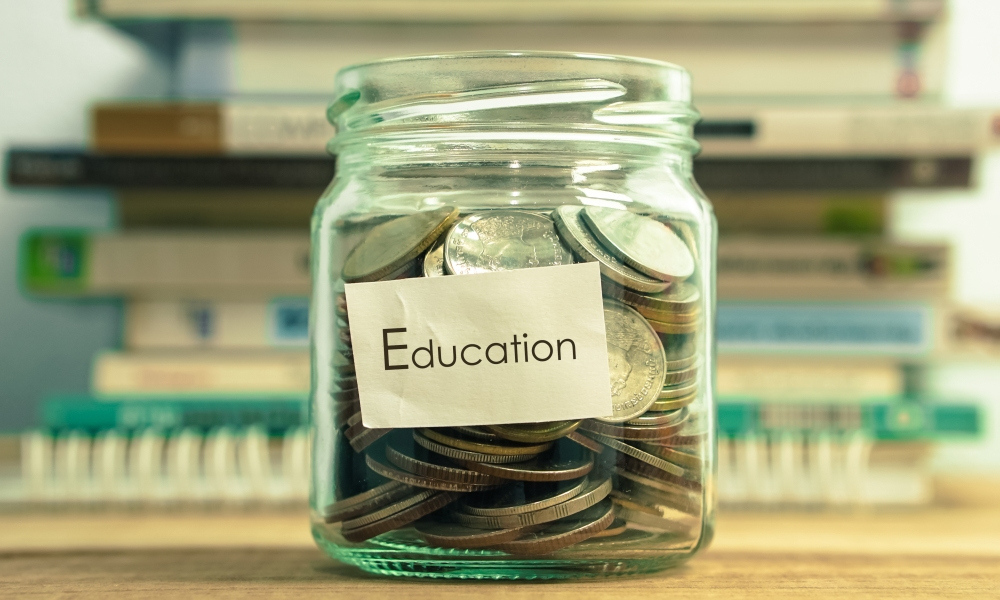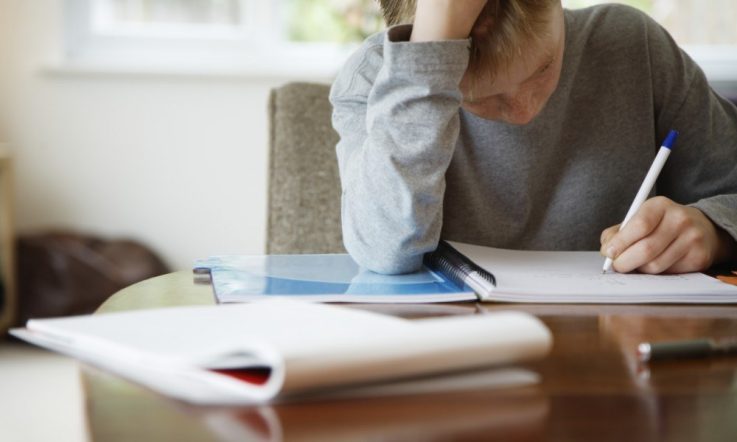Parents in Australia say teacher quality is the most important factor when choosing a school for their child, and if their school had extra cash the majority would choose to spend it on more teachers or better pay for existing teachers, followed by more support staff.
The Global Parents' Survey 2018 asked 27 380 parents in 29 countries for their views on a range of topics, including what makes a good school, the standard of education in their own country, school governance and how to best prepare students for the future.
The participants were parents of children aged 4-18 who were in education. When asked about the most important factors when choosing their child's current school, ‘quality of teachers' and ‘location or distance from home' came equal first globally (45 per cent of parents chose these two answers in their top three). ‘A happy environment for children at the school' and ‘academic record/exam results of the school' ranked equal third with 30 per cent.
In Australia, the answers chosen as first, second or third most often were ‘teacher quality' (45 per cent), ‘location or distance from home' (44 per cent), ‘a happy environment for children at the school' (40 per cent), ‘school ethos' (36 per cent), ‘academic record/exam results of the school' (31 per cent), and the ‘quality of facilities' (31 per cent).
A report detailing the survey results notes that not all parents had a choice in where to send their child to school. In addition to Australia, the participating countries were Argentina, Brazil, Canada, China, Colombia, Estonia, Finland, France, Germany, India, Indonesia, Italy, Japan, Kenya, Malaysia, Mexico, Peru, Poland, Russia, Singapore, South Africa, South Korea, Spain, Turkey, Uganda, the UK, the US and Vietnam.
‘Among those who did have a choice of schools, the most important factor for parents when choosing their child's school, alongside location, is the quality of teachers. However, priorities do vary by country. For example, in Finland, consideration of the wishes of children is the second most important factor behind location,' the report says.
When asked to rate the quality of teaching at their child's school, 86 per cent of Australian survey respondents said it was ‘fairly good' or ‘very good' – the seventh most positive rating of the 29 countries and above the global average of 78 per cent. They were also fourth happiest of those polled with free to attend schools in their country with 69 per cent rating them ‘fairly good' or ‘very good', compared to the global average of just 45 per cent.
The value of teaching and support staff came through as a strong theme when Australian parents were asked how they would spend extra money if it were available for their child's school. Around two-thirds (63 per cent) opted for ‘more/better pay for teachers' as their first, second or third choice, compared to 50 per cent globally. The next spending priority for Australian parents was ‘support staff such as counsellors and teaching assistants' – 50 per cent had this answer in their top three, compared to 37 per cent globally.
The survey, carried out in December 2017 and January 2018, was commissioned by education charity the Varkey Foundation. Chief executive Vikas Pota says it's heartening that parents worldwide understand the importance of a great teacher and would rather spend extra school funding on more teachers or better salaries rather than facilities or technology.
When asked to judge if the standard of education had got better or worse over the last 10 years opinions were divided. In Australia, 35 per cent of respondents believed the standard had got better, 21 per cent said it had stayed the same and 33 per cent said it had got worse (those figures compared with global averages of 40, 19 and 37 per cent, respectively). France was the country with the highest proportion of parents who thought the standard of education had got worse in the last decade (70 per cent), while countries with the most positive ratings included China, Singapore and Indonesia (70 per cent said the standard had got better).
Australian parents were some of the most optimistic when asked about the future – 68 per cent said their child's school is preparing them well for 2030 and beyond. That's higher than all European countries barring Finland (78 per cent) but lower than the US (76 per cent), India (88 per cent) and Indonesia (86 per cent).
Away from school, the survey asked parents how much time they spend helping their child academically each week. On average, 25 per cent of parents around the world said they helped their child for seven hours or more, but almost the same proportion (23 per cent) said they didn't help at all. In Australia, 13 per cent spent seven hours or more helping their child while 27 per cent said they didn't help at all.
Click on the link to download a copy of the full report (6.2MB).



